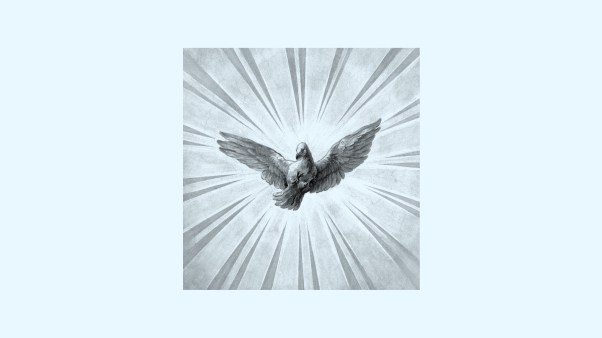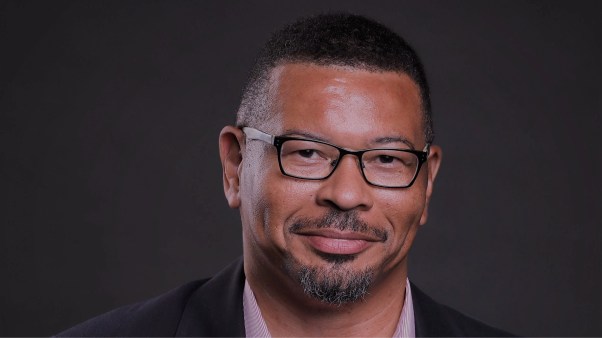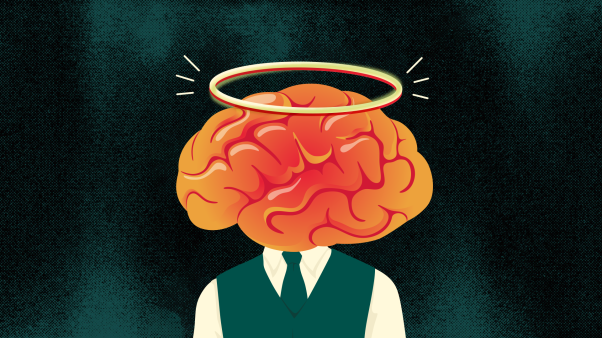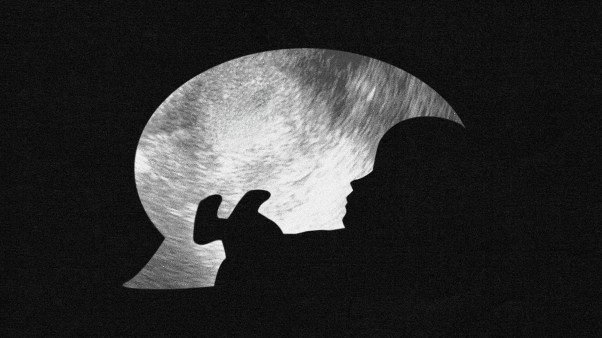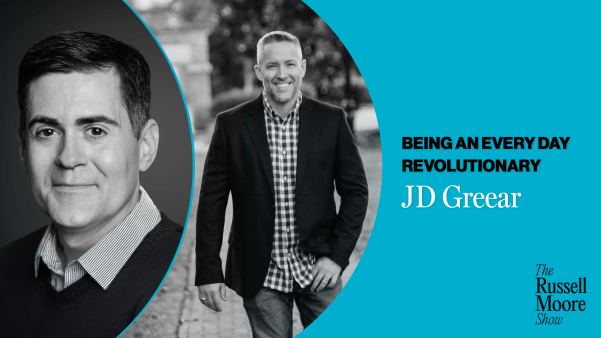Last July, while giving a cab ride to a customer who lived near his home, Christian and Missionary Alliance member Juan Mallea was stopped and arrested by sunglass-wearing detectives of Peru’s antiterrorist squad.
Mallea, an active church member and a father with a young family, was charged with being a Shining Path guerrilla implicated in the massacre of nine university students and their professor.
The antiterrorist group, known as Dincote, said their primary evidence against Mallea was a hand-drawn map, which they allege had been drawn by Mallea, showing where the massacre victims were buried.
Mallea’s arrest is the latest in a series of events that have pulled Peru’s evangelicals into the country’s vortex of dramatic political, social, and economic change. An estimated 70 other evangelical Christians have been arrested and accused of being terrorists.
In 1990, the evangelical community’s victory-clinching support of dark-horse presidential candidate Alberto Fujimori revealed to the nation that evangelicals were a potent social and political force.
However, evangelicals soon experienced a profound setback politically when Fujimori ignored them in building his administration, and later, when he unilaterally closed down Congress, suspended the constitution, and established an authoritarian regime. He justified his actions by accusing Congress of incompetence and stating his need for a freer hand to defeat the brutal terrorist group, Shining Path.
“After that, many evangelicals began to wonder if we should retreat into our apolitical shells again,” says Victor Arroyo, an evangelical who had been elected to the Senate as a member of Fujimori’s party.
Being an evangelical has been especially dangerous in Peru’s Andes mountains, where the war between the Shining Path and the government that began in 1980 has left many areas ravaged. Evangelicals have become lightning rods for both sides because of their unique beliefs and practices.
Sociologist Raul Gonzalez has said, “Many times the evangelicals are the last social group to leave a village. They stay even after the federal government, the schools, and the Catholic church have left. This automatically makes them a threat to the guerrillas.”
As a result, evangelical pastors have often found themselves as leaders of rondas campesinas (rural patrol groups) and, often armed only with hoes and rakes, defend themselves from the Shining Path insurgents.
Unfortunately, the military suspects that some rondas campesinas are in fact Shining Path cell-group members. Since 1982, about 550 evangelicals have been killed either by terrorists or government soldiers.
Supporting human rights
In a country with steep social inequalities, Peru’s 50-year-old evangelical church so far has been unable to muster a comprehensive biblical response to the country’s social and economic ills. Yet, Mallea’s arrest has galvanized evangelicals into renewed political action to seek Mallea’s release and to defend religious and human rights.
Mallea’s handwriting has been professionally analyzed and found to be dissimilar to the writing on the map. Mallea’s pastor and fellow Christians have spoken out, detailing his religious commitment. Nevertheless, Mallea remains in jail, where he’s using his time to share his faith and lead Bible studies. “Mallea’s case is forcing within the church a greater sensibility to human rights,” says Rolando Pérez, director of the Human Rights Department of Peru’s National Commission of Evangelicals (CONEP). “Now we’re seeing it as a biblical mandate.”
Undoubtedly, seeing one of their own on national TV carted off to jail, Bible in hand, has personalized Peru’s dismal human-rights record for many evangelicals, who have joined CONEP’s campaign to obtain Mallea’s freedom.
By aggressively using prayer chains and standard human-rights campaign techniques such as letter writing, bold press releases, and posters that read “There are others like him,” CONEP’s Human Rights Department has gotten the word out nationally and internationally on Mallea’s imprisonment. “Mallea’s case has served as a unique opportunity for the secular media to find out who we really are,” says Pérez.
Arroyo is heading up the Institute for Political Science to equip evangelicals to participate in politics. “Ten to fifteen years ago, the question used to be: Should evangelicals participate in politics? Now it’s: How should we?” he says.
“It’s not enough for us just to be in government like we were during Fujimori’s first two years in power. We have to be able to offer a concrete, viable, and mature agenda,” says Arroyo. He may join a slate of evangelical candidates in the 1995 national elections.
Yet, evangelicals are not of one voice. “Many evangelical leaders are critical of Fujimori,” says Peruvian theologian Samuel Escobar, “but when I talk to the lay members many still support him because of all the changes he’s making.” These changes include capturing Shining Path leader Abimael Guzman and cutting inflation from 5,000 percent to 50 percent in less than three years. While some decry Fujimori’s authoritarian ways, other evangelicals feel that so far the results have justified the risks.
An evangelical who was recently released after being imprisoned unjustly says his experience opened his eyes to a Peruvian reality he had ignored before. “If I can be falsely accused, then anyone can.”
Pérez comments, “By embracing justice—and speaking up for the human rights of all and not just evangelicals—we can be a prophetic voice in this country.” Peru’s evangelicals seem to be taking the first steps toward becoming that voice.
By Andrés Tapia in Lima.



